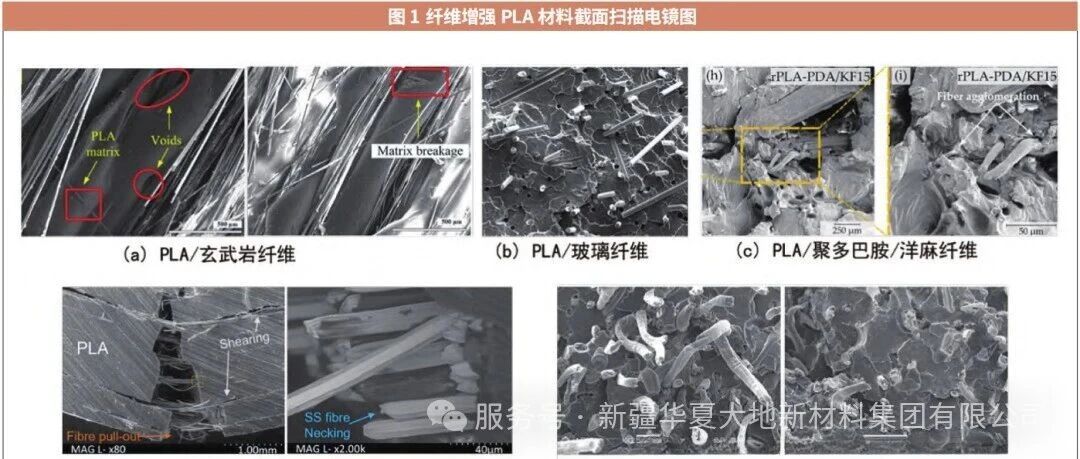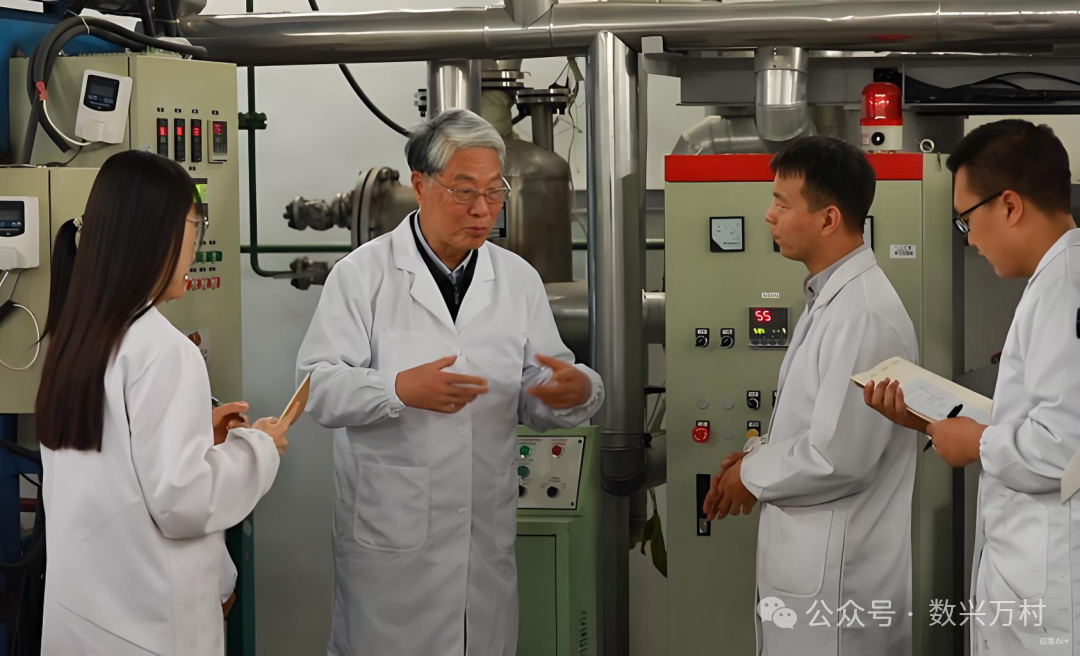On November 11th, the Ministry of Industry and Information Technology issued the "Notice on Further Accelerating the Systematic Layout and High-level Construction of the Manufacturing Industry's Pilot-scale Testing Platform System". It proposed that by the end of 2027, the strength of high-level pilot-scale testing platforms will be further enhanced, a modern pilot-scale testing platform system will be basically established, and a national pilot-scale testing service network featuring multi-subject participation, multi-field layout, and multi-level services will be initially formed.
The notice requires that in accordance with the "Guidelines for the Construction of Manufacturing Pilot Platforms (2025 Edition)" and the "Key Construction Points for Pilot Platforms in Manufacturing (2025 Edition)", following the promotion approach of "strengthening some, activating some, and supplementing some", the public service nature and functions should be highlighted, the construction path should be clarified, and the development of pilot platforms should be systematically promoted.
In terms of strengthening a batch of pilot-scale platforms, we will move forward along the path of "reserve pilot-scale platforms - pilot-scale platforms key cultivated by the Ministry of Industry and Information Technology - national-level pilot-scale platforms for manufacturing" to achieve higher levels.
In terms of activating a batch of pilot-scale platforms, guide those pilot-scale platforms with public service attributes but with room for improvement in terms of capabilities and effectiveness to break through the pain points, bottlenecks and difficulties in their development and continuously move towards a higher level. Guide the less efficient pilot-scale platforms to explore new development areas and tracks, and transform and develop around their advantageous business directions.
In terms of making up for a batch of pilot-scale platforms, the focus is on key industries and fields that are crucial for future development, related to industrial security, and have a shortage of pilot-scale supply, such as artificial intelligence, humanoid robots, quantum technology, clean and low-carbon hydrogen, biomedicine, industrial mother machines, instruments and meters, major technical equipment, new materials, and information technology. Each region selects the areas to make up for based on its own characteristics and advantages, and arranges the construction of pilot-scale platforms relying on entities such as research institutions, universities, enterprises and users.
According to the simultaneously released "Key Points for the Construction of Key Directions of Manufacturing Pilot Platforms (2025 Edition)", the latest key points for the construction of pilot platforms in the petrochemical and chemical industry include: focusing on resource comprehensive utilization technologies such as the utilization of light, low-carbon and hydrogen-rich raw materials, efficient utilization of phosphate rock resources, and potassium extraction from seawater; advanced material synthesis technologies such as high-end polyolefin polymerization, purification of ultra-high-purity chemicals, and synthesis of photoresist resins; green and low-carbon technologies such as electrification of large-scale equipment, green hydrogen replacing gray hydrogen, recycling and reuse of waste plastics, utilization of non-grain biomass, and treatment of volatile organic compounds; key common technologies such as microchannel reactions and low-risk continuous production. A number of pilot platforms will be planned and constructed to improve and enhance the basic conditions, technical support, and public service capabilities of pilot platforms, and achieve the industrialization of key materials such as high-purity electronic chemicals, high-performance resins, pharmaceutical intermediates, new catalytic materials, high-performance rubber and elastomers, high-performance fibers, functional membrane materials, bio-based materials, high-value phosphorus resource utilization materials, and recycled materials.

According to the "Guidelines for the Construction of Manufacturing Pilot Platforms (2025 Edition)", it is clearly stated that manufacturing pilot platforms are the carriers that provide pilot services for samples in the trial stage to be transformed into the production process. Their main functions are to meet the development needs of the manufacturing industry, gather various industrial resources, promote the industrialization application of scientific and technological achievements, and offer comprehensive, specialized services and systematic solutions such as design verification, functional performance verification, process verification, compatibility verification, and production verification.
The construction goal of the pilot platform is to establish a complete public service system, continuously enhance the pilot capabilities and service effectiveness, achieve sustainable operation, accelerate the engineering breakthrough and industrial application of innovative achievements, improve the technical value and quality level of innovative achievements, promote the deep integration of scientific and technological innovation and industrial innovation, and facilitate the development of new quality productive forces.
The notice emphasizes that when establishing the pilot test platform layout, it is necessary to prevent hasty and unplanned expansion, and avoid redundant construction and "internal competition".








